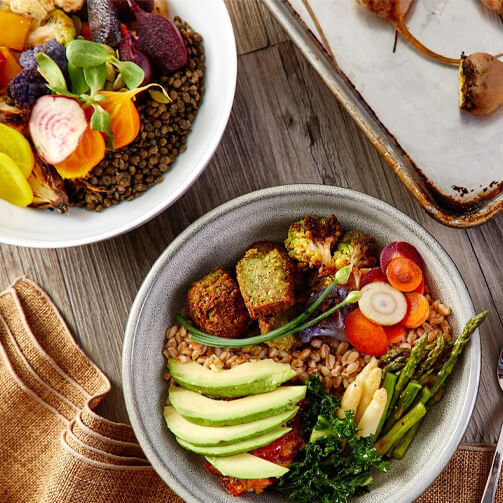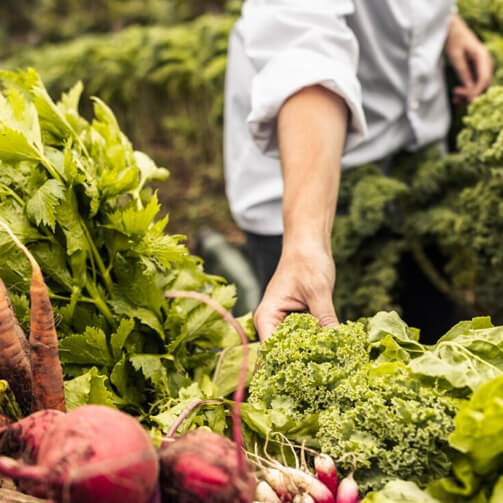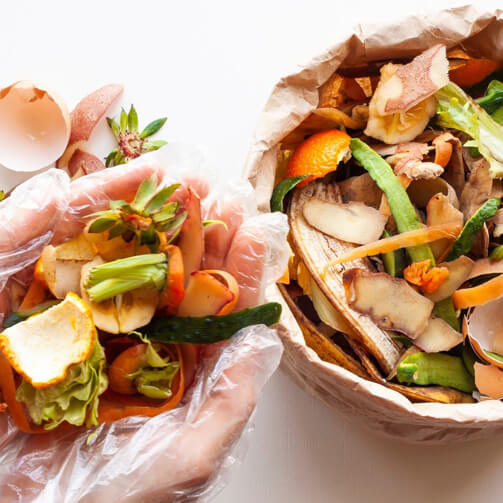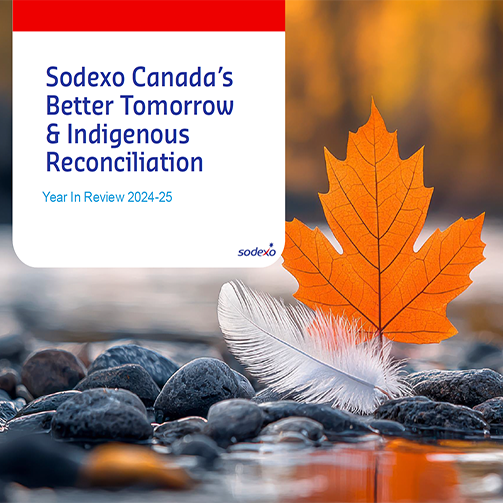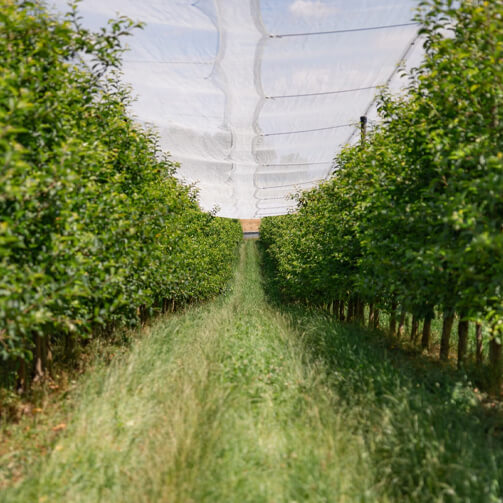

Our Impact on the Environment
We take action every day to reduce waste, lower carbon emissions, and make smarter sourcing choices. Sustainability guides how we work and the decisions we make. By collaborating with clients and partners, we help create long‑term environmental change.
Contact usOur Latest Blogs
Sustainability
Sodexo Recognized as one of Canada’s Greenest Employers for 2025

Sustainability
4 Must-Read Blogs to Inspire Sustainability on Earth Day

General Topics - Blogs and News
5 Popular Myths About Nutrition and Nutritionists Debunked
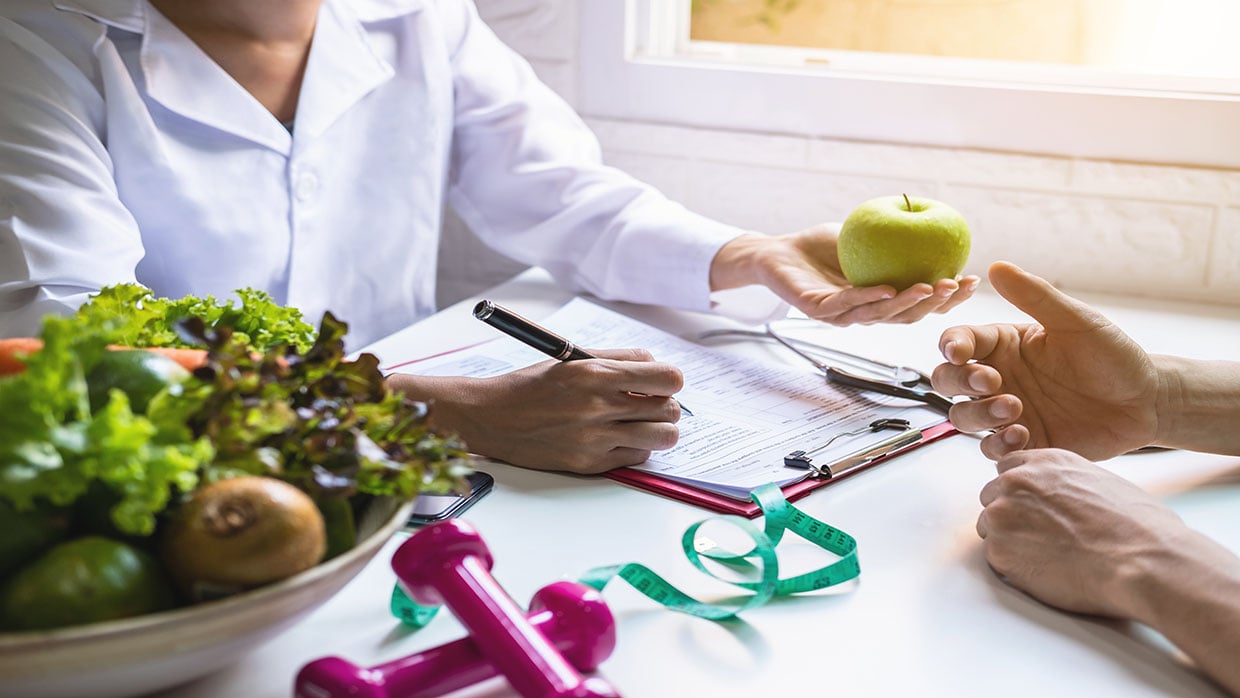
Let's Build a Better Tomorrow Together
Ready to make a real difference? Contact us today to explore how our services and commitments align with your goals for sustainability, community support and environmental care. Together, we can create impactful solutions tailored to your needs.
